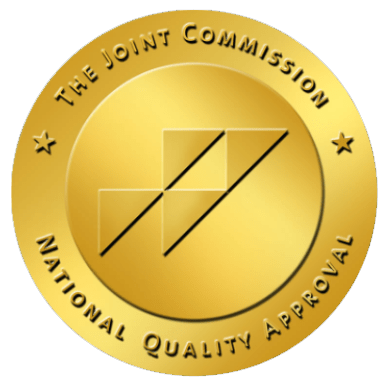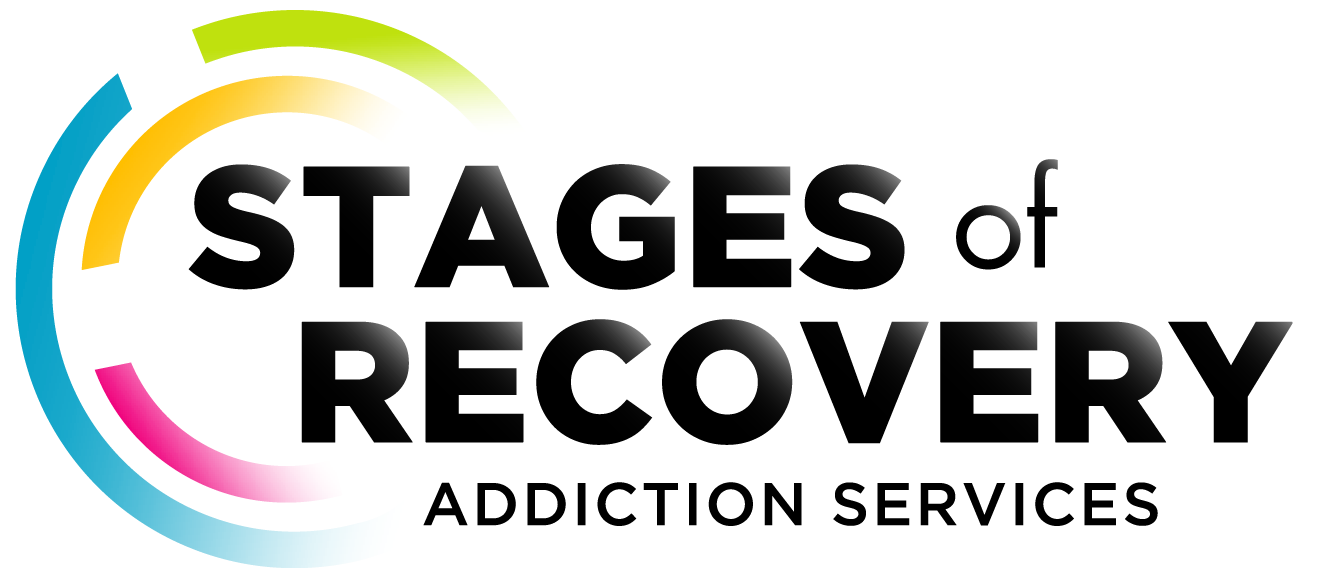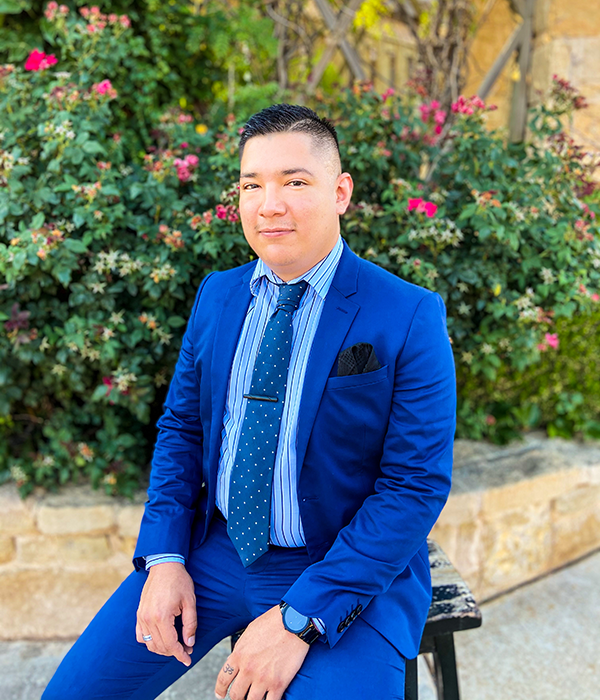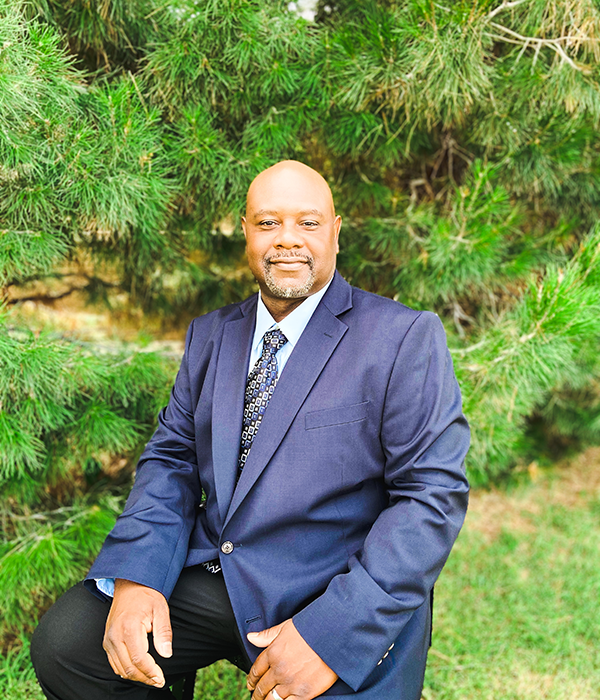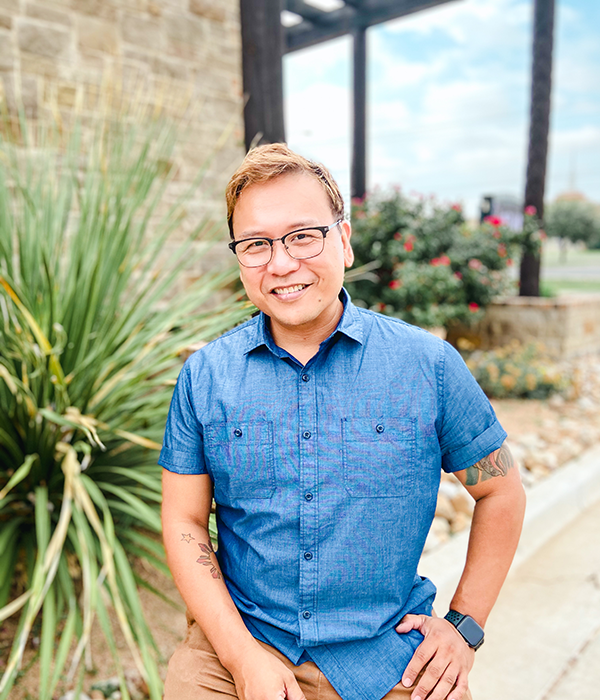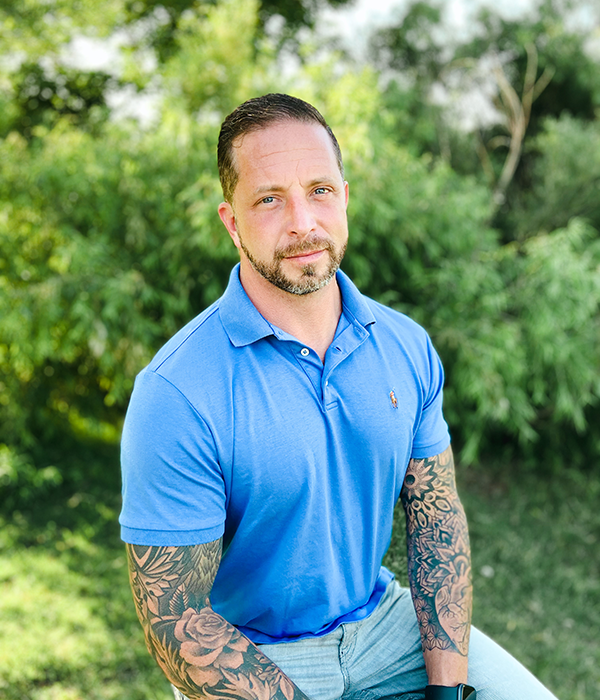When recovering from any traumatic injury, individuals and family members are often encouraged to be patient with the healing process. Doctors realize the time it takes the body to recover from injury. Additionally, assistance and added recovery time may be required in regaining balance and coordination, rehabilitating motor skills and the body’s abilities in an effort to return to normal functioning. As such, the degree of injury and trauma determines the duration of time needed to recover.
Moreover, though a patient’s prognosis may be an expected full recovery, the individual is never quite the same. The trauma of the incident, the specific organs, muscles or bones affected, a near-death experience, resulting emotions involved in a realization of immortality or even a shift in perspective with regard to physical health and priorities can change a person forever. Due to this, though the physical body may heal superficially relatively quickly, the mental, psychological and spiritual aspects of the self as well as any resulting physical changes can often require a lifetime of recovery.
With regard to traumatic injuries, throughout the acute and long-term recovery processes, there is support from medical professionals—doctors, nurses, physical therapists and so on—constantly encouraging healing and ideally offering compassion while reminding the individual to practice patience and focus on the progress rather than the setbacks. The idea is to keep in mind what the body has been through, take time to be grateful for mere survival and to accept the new normal for however long the body requires it. Again, medical professionals are typically aware and often advise patients there is no set time in which the body heals from any injury, surgery or illness; only estimations based on averages.
All of the aforementioned is also true with regard to the process of recovery from addiction. The disease itself is a traumatic injury to the body, mind and soul. As such, recovering individuals and their families must all be informed and supported through the healing process. Patience is required from everyone involved. But, in an effort to prevent relapse, it is absolutely necessary for the recovering individual to practice it, constantly.
Equally as vital to successful recovery is the understanding that recovery from addiction is a lifetime process. The physical damage incurred may remedy itself rather quickly. Conversely, it may be irreversible and require strict lifestyle changes—more extensive than mere sobriety—to prolong life. Regardless of the resulting physical health of any addict, the recovery process does require a shift in perspective; one from quantity to quality of life. The latter is the reason support groups, sponsors, counselors, addiction specialists and other helping professionals are in place to address the unseen injuries resulting from and inflicted prior to the disease in a continuum of care spanning the individual’s life.
There is a need to practice patience with the physical, emotional, spiritual and psychological recovery from any disease and addiction is no exception. Too often, recovering addicts get caught up in trying to do everything right. This typically sets individuals up for feelings of failure and can easily lead to relapse. Therefore, It is very important for recovering addicts to celebrate survival and their healing and recovery achievements, regardless of how big or small, just as they typically honor their days of sobriety. Just as with recovery from any traumatic injury, surgery or disease, successful recovery from addiction is about making progress, not striving for perfection.
